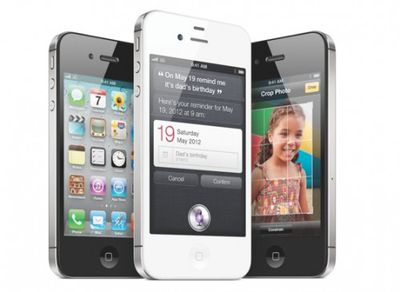Ahead of an upcoming import ban on older Apple devices, Verizon attorney Randal Milch has published an open letter via The Wall Street Journal, calling for presidential intervention in the case to veto the ban.
High-tech products can implicate thousands of patents. If the ITC finds that a product infringes even a single one, it can stop the product at the border. But that's basically it. The commission can't levy much in the way of a lesser penalty. In the end the consumer suffers when the use of such an enforcement tool is unwarranted.
The import ban was originally scheduled back in June, after the U.S. International Trade Commission reached a decision on an ongoing Apple vs. Samsung patent case. The ITC ruled that Apple infringed on Samsung Patent No. 7,706,384, entitled "Apparatus and method for encoding/decoding transport format combination indicator in CDMA mobile communication system."

A cease and desist order was issued on several Apple products, including AT&T models of the iPhone 3GS and 4, the iPad 3G, and the iPad 2 3G. The ban did not go into effect immediately, however, as such rulings are given a 60 day window for the White House to intervene.
Though Verizon is not directly affected by case as it pertains solely to AT&T products, Milch believes that such a ban would further encourage patent abuse.
What we have warned is that patent litigation at the ITC—where the only remedy is to keep products from the American public—is too high-stakes a game for patent disputes. The fact that the ITC's intellectual-property-dispute docket has nearly quadrupled over 15 years only raises the stakes further. Smartphone patent litigation accounts for a substantial share of that increase.
While a presidential veto on an ITC decision has not happened since 1987, Milch suggests that intervention is necessary when the patent holder is not using the technology (as is often the case with patent trolls), when the patent holder has agreed to license the patent on reasonable terms, or when the infringement is unimportant to the overall product. Apple's infringement on Samsung's patent falls into the third category.
"There are more than 250,000 patents relevant to today’s smartphones," Milch writes. "It makes no sense that exclusion could occur for infringement of the most minor patent."
Without intervention, the cease and desist order on Apple products will go into effect on August 5, 2013. Apple has filed for an appeal and has also requested a stay on the ban.




















